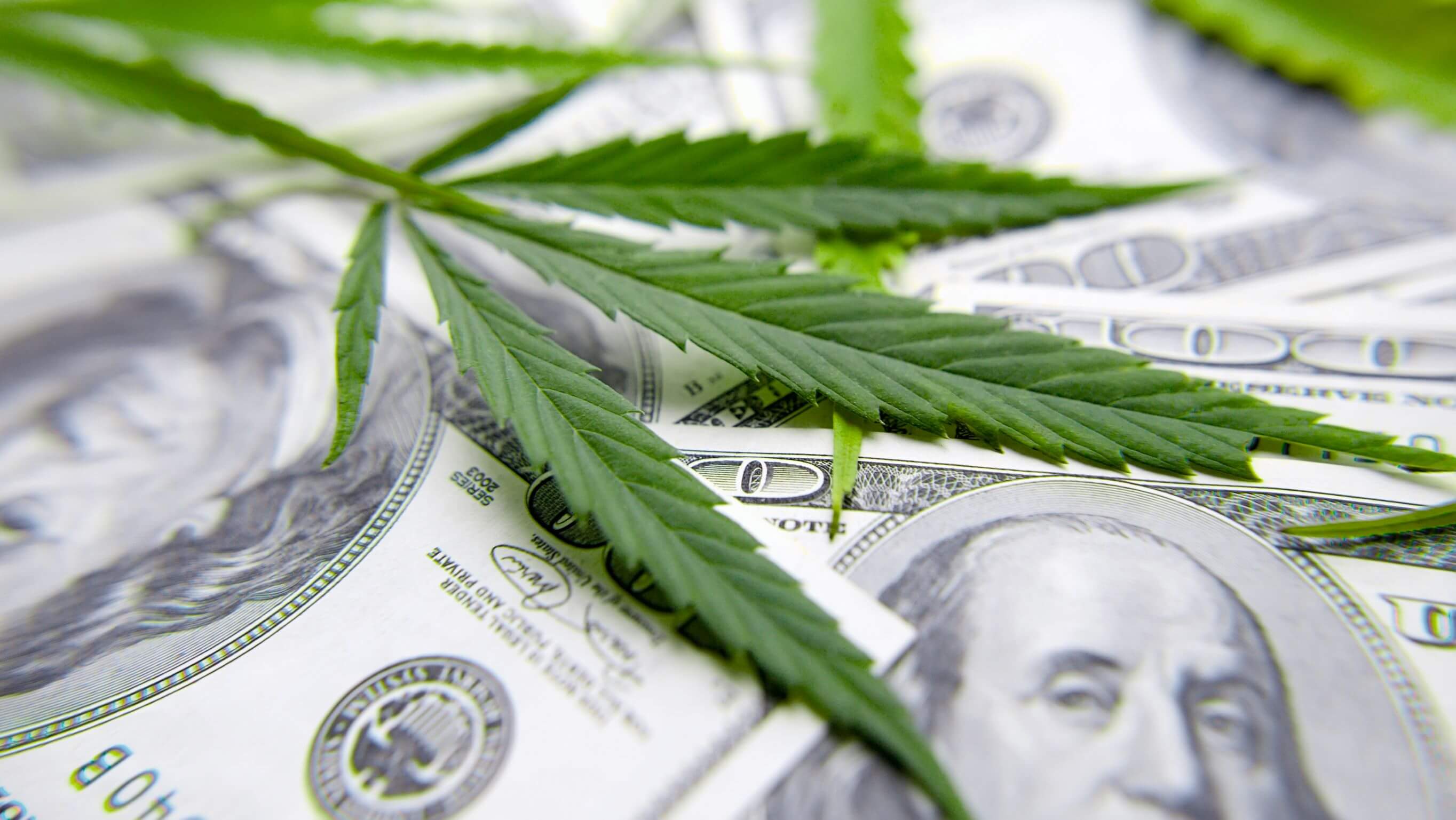Resources
Colorado state tax revenue from the legal cannabis industry surpassed $2 billion in January and the state has collected more than $88.7 million in fees.
In addition to state and local taxes and fees, cannabis businesses have an effective federal tax rate of about 70% – compared to about 26% for other businesses.
Did you know Colorado legal cannabis dispensary owners are unable to deduct normal business expenses like payroll and rent from their federal income taxes?
Marijuana has contributed over $320 Million dollars to Building Excellent Schools Today (B.E.S.T.), making up about 25% of the program's entire budget.
In FY 21-22 alone, nearly $15.3 million in state cannabis dollars went to state Affordable Housing Grant and Loans.
The Marijuana Tax Cash Fund collected $188.8 Million in FY 2021-22 alone.
In FY 21-22 alone, nearly $15 million in cannabis dollars went to the School Health Professional Grant program.
More than $15 million in cannabis dollars went to substance abuse treatment in FY 21-22.
More than $1.6 million cannabis dollars went to the Tony Grampsas Youth Services Program in FY 21-22.
Voters in 59 of 64 Colorado counties voted no on Proposition 119 sending a clear message against raising taxes on cannabis consumers.
Unlike other legalized substances, the marijuana industry has a 97% compliance rate for unauthorized sales.
Unlike alcohol, research has proven you can only get “so high.” Cannabinoid receptors in your brain eventually prevent the body from getting further intoxicated.
Did you know? Since legalization in 2005, teen use in Colorado has remained flat and is below the national average.
According to a recent poll by the Pew Research Center, more than 90% of Americans think cannabis use should be legal.
Did you know? MIG represents more than 400 cannabis business licenses across the state.
A 2021 study found that medical cannabis use was associated with clinical improvements in pain, function, and quality of life with reductions in prescription drug use.
Founded in 2010, MIG is the oldest and largest trade association for licensed cannabis businesses.
Colorado’s marijuana model has become the example for all other regulated cannabis states, and MIG works directly with policy makers to ensure that Colorado’s program is fair, tightly regulated, safe, and successful.
Safe Sales: Every marijuana sale in CO takes place on camera and requires multiple ID checks.
All regulated marijuana in Colorado is tracked from “seed to sale,” with oversight from the Marijuana Enforcement Division.
Established in 2010, MIG has led legislation for child resistant packaging, customer safety resources, and purchase restrictions for 18-20 year olds.
Marijuana is taxed at both state and local levels. This year Aurora built a new $34 Million dollar rec center, fully funded by local marijuana taxes.
The marijuana industry suffers from unfair Federal tax rules, which means that MIG members’ effective tax rates are around 71%.
A 2019 study showed that crime does not increase with legalization.
Conditions for medical marijuana
Cancer - Glaucoma - HIV or AIDS - Cachexia - Persistent muscle spasms - Seizures - Severe nausea - Any condition for which a physician could prescribe an opioid - Autism Spectrum Disorder - Severe pain - PTSD
Most marijuana businesses have access to banks, but because marijuana is still federally illegal, businesses are unable to access merchant processing services such as VISA or Mastercard.
Consuming higher potency marijuana does not lead to higher levels of impairment.
-- Journal of the American Medical Association (JAMA) 2020
71% of Colorado voters favor marijuana legalization. This has increased 10 points in the last four years alone.
The Worst 4/20 in Five Years: Colorado Marijuana Sales Plummet in April
MIG Press Release

FOR IMMEDIATE RELEASE
DATE: Thursday, July 6th, 2023
CONTACT: Erin McCann Ciani
The Worst 4/20 in Five Years: Colorado Marijuana Sales Plummet in April
Recently Released DOR Numbers Show Lowest April Profits in 5 Years for Small Businesses
DENVER – Recreational and medical marijuana sales numbers released in June by the Colorado Department of Revenue showed the lowest marijuana sales in the month of April since 2018. Numbers showed $131 million in marijuana sales for April 2023, the most recent data, down from more than $153 million in sales in April of 2022. Marijuana sales in the month of April haven’t been this low since 2018.
The industry saw a 14.1% decrease for marijuana sales from April 2022 overall, including a 12.6% year over year decrease in recreational sales and a 23.4% decrease in medical sales. For the entire year, Cannabis sales were down nearly $100 million in 2022, compared with 2021, and 2023 sales are on track to be down even further than 2022.
This decline also impacts state tax collection. Colorado collected 18.2% less in cannabis tax revenue in May 2023 versus May 2022, putting at risk critical public state and local programs that marijuana businesses help fund including housing, mental health, public safety, and education.
“Colorado cannabis small business owners count on the weeks leading up to the 4/20 holiday to be some of the strongest sales of the year,” said Truman Bradley, Executive Director of the Marijana Industry Group (MIG). “As an industry, we are struggling–we are in dire need of a regulatory overhaul to prevent more cannabis small business owners from closing their doors and laying off their workers. We earnestly hope that Colorado’s policymakers will start taking a new approach to marijuana policy, one that will protect small business owners and the public programs funded by cannabis.”
According to the Vangst 2023 Jobs Report, Colorado lost 10,481 cannabis jobs last year.
###
Additional Info
Media Contact : Erin McCann Ciani








